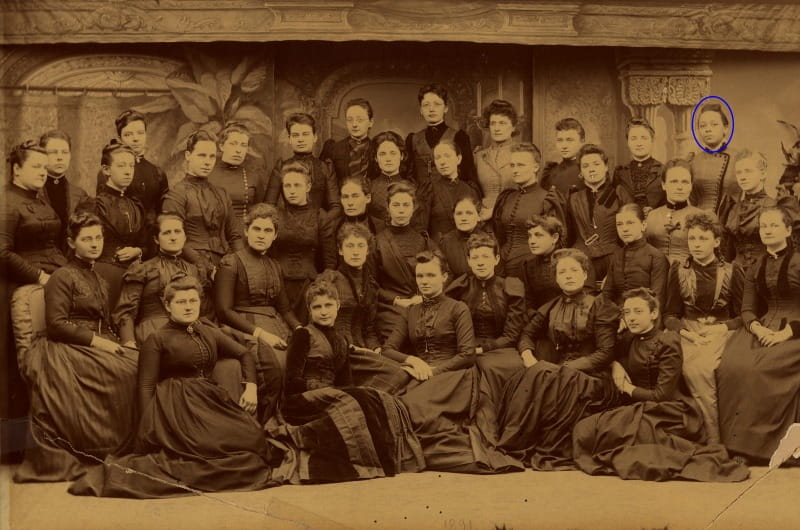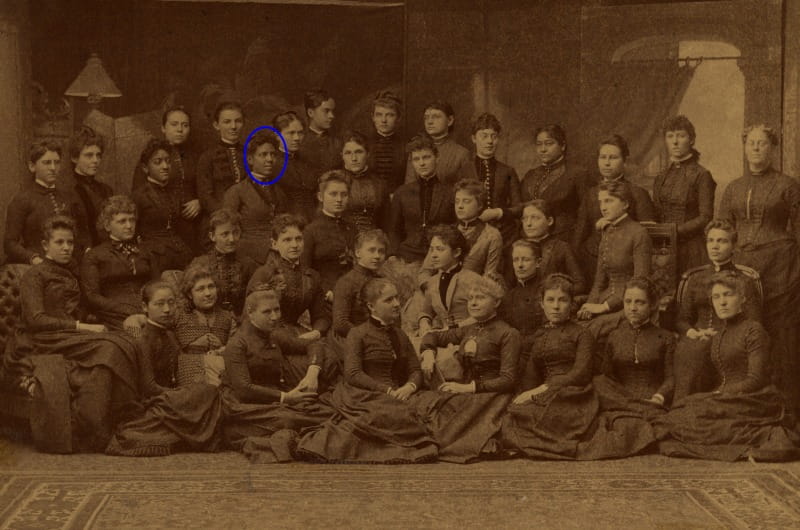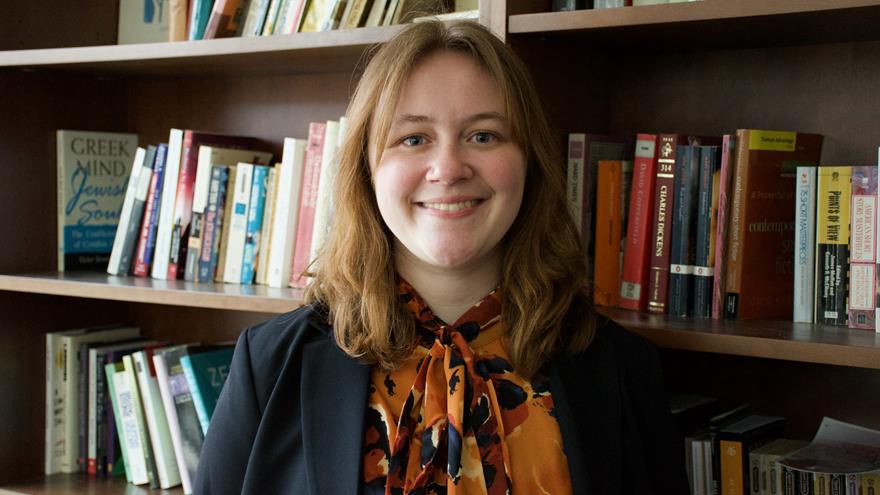Examining Drexel’s Ties to the First African-American Women Physicians

This article is part of the DrexelNow “Faces of Drexel” series honoring Drexel’s history as part of the Universitywide celebration of the 125th anniversary of Drexel’s founding in 1891.
For much of our nation’s history, women, especially women of color, had little access to any formal education, let alone medical training. The first woman to receive a medical degree in the United States did so in 1849, and the first African-American woman to do the same graduated in 1864. The tides turned after the world’s second medical school for women, the Female Medical College of Pennsylvania (FMCP), provided students opportunities to earn a medical degree, including several of the first African-American women physicians in the country.
FMCP was founded in 1850. An associated Woman’s Hospital of Philadelphia was founded in 1861, and the school was renamed the Woman’s Medical College of Pennsylvania (WMCP) in 1867. WMCP became the co-ed Medical College of Pennsylvania in 1970. In 1996, it became the Allegheny University of the Health Sciences after merging with Hahnemann Medical College, a similarly historic and equal-opportunity medical school (Hahnemann’s first African-American student, Thomas Immes, graduated in 1884). Later renamed MCP Hahnemann University in 1998, the institution became the College of Medicine after Drexel acquired it in 2000.

That makes the following extraordinary women de facto Drexel alumni.
Included in this list is the second African-American woman to ever receive an MD degree in the U.S., as well as several students who became the first woman of color —and sometimes even the first woman — to practice medicine in a Southern state. They often treated women and children in underserved populations in the urban Northeast and black communities in the rural South.
As part of Black History Month, DrexelNow honors these pioneering African-American women, including:
- Sarah Mapps Douglass, the school’s first African-American student. Born to a prominent abolitionist family, Douglass established her own school for African-American girls, which later became part of Cheyney University. She helped start the Female Literary Society for African-American women and the bi-racial Philadelphia Female Anti-Slavery Society. In her late forties, Douglass enrolled in FMCP’s third session from 1852 to 1853 and attended lectures, though she did not graduate. If she had, she would have been the first African-American female physician in the country. Throughout her life, Douglass was a beloved teacher and abolitionist who played an active role in her community. She died in 1882.
“Douglass’ enrollment that early on is decent evidence that the school didn’t discriminate against African Americans,” said Matt Herbison, an archivist at the Legacy Center Archives at the College of Medicine. “Throughout the school’s 120-year existence as WMCP, we have little documentation that there was either discrimination or encouragement of black students.”
- Rebecca J. Cole, MD, class of 1867, the second African-American woman to earn an MD in the U.S. and the first to graduate from the school. The Philadelphia native authored a thesis titled “The Eye and its Appendages,” and after graduation, she worked as a resident physician at the New York Infirmary for Women and Children. This historic hospital was owned and operated by women physicians and founded by Elizabeth Blackwell, MD, America’s first female MD. Cole visited slums and ghettos to instruct women in general hygiene as well as prenatal and infant care. After a 50-year career treating poor women and children, she died in 1922.
- Verina M. Harris Morton Jones, MD, class of 1888, the first woman licensed to practice in Mississippi. She served as resident physician and instructor at Rust College, a historically black college, and later opened a practice with her husband, a fellow physician. From 1913 to 1925, she served on the executive committee of the board of directors of the National Association for the Advancement of Colored People (NAACP). She died in 1943.
- Halle Tanner Dillon Johnson, MD class of 1891, the first woman licensed to practice in Alabama. She served as the first woman resident physician at the Tuskegee Institute, a position she received after the institute’s founder, noted African-American educator Booker T. Washington, asked the WMCP to recommend an African-American physician to serve and teach at the school (Washington later secured a position for the first African-American male graduate at the Drexel Institute of Art, Science & Industry). Johnson died in 1901.
- Eliza Ann Grier, MD, class of 1897, the first African-American female physician in Georgia. Born an emancipated slave, Grier became a doctor to be “of the most possible benefit to my race,” as she wrote to WMCP’s dean in 1890. After graduation, Grier worked to improve health and hygiene standards of impoverished African Americans. She died five years later.
- Matilda Evans, MD, class of 1897, the first African-American woman licensed to practice in South Carolina. She graduated from Oberlin College and WMCP before opening her own practice. Evans treated patients of all colors, using the funds from the wealthy white women to treat poor black women and children for free. She became the first African-American woman to serve as president of a state medical association. Evans died in 1935.
These first-generation African-American women physicians opened doors not just for women of color, but also for their place in the medical profession. WMCP, as the first and premier medical school for women, graduated a large percentage of trailblazers from all backgrounds.
To this day, the College of Medicine honors the rich legacy of inclusion established by its predecessors by producing a diverse population of physicians.
In This Article
Drexel News is produced by
University Marketing and Communications.

